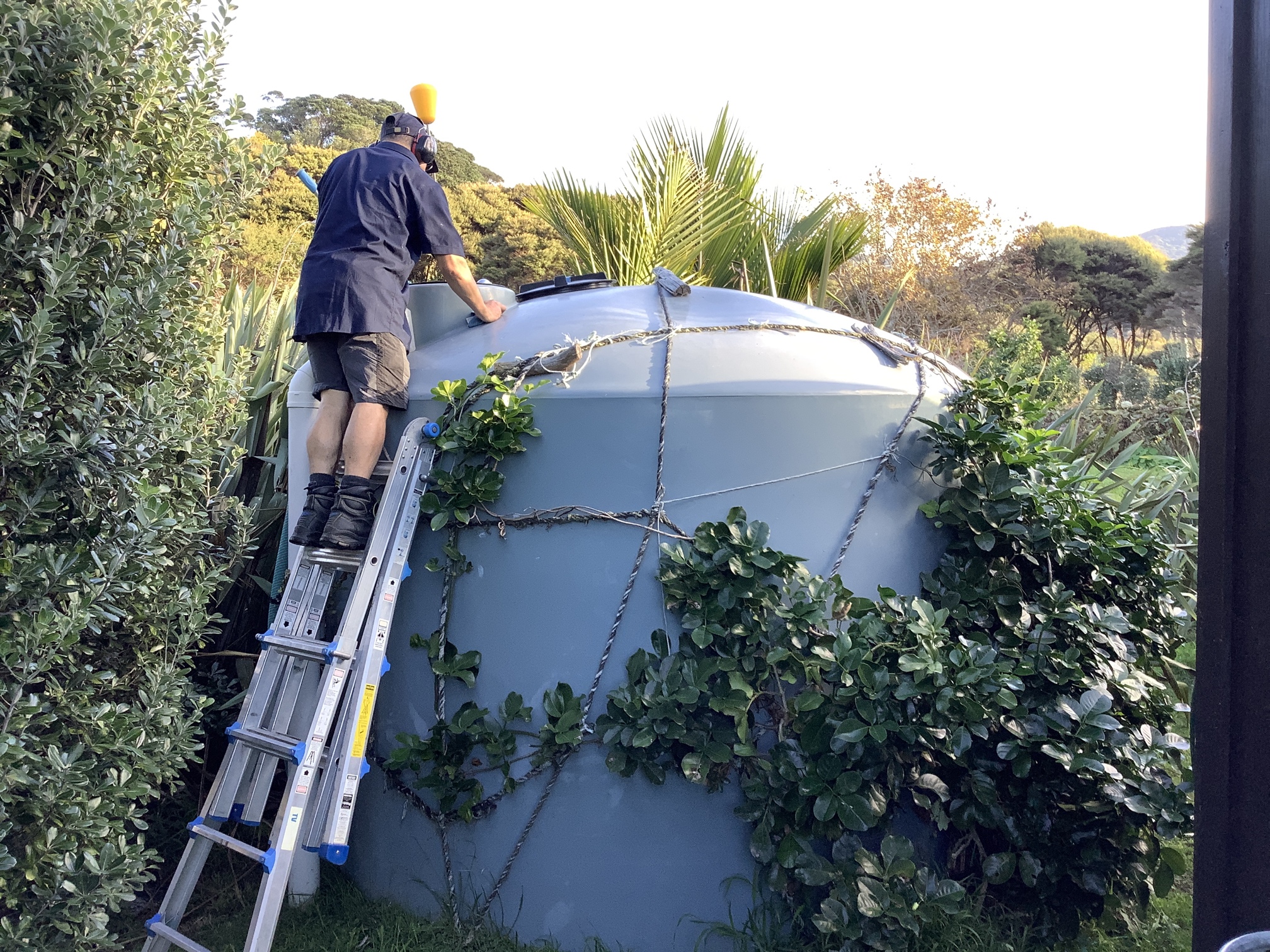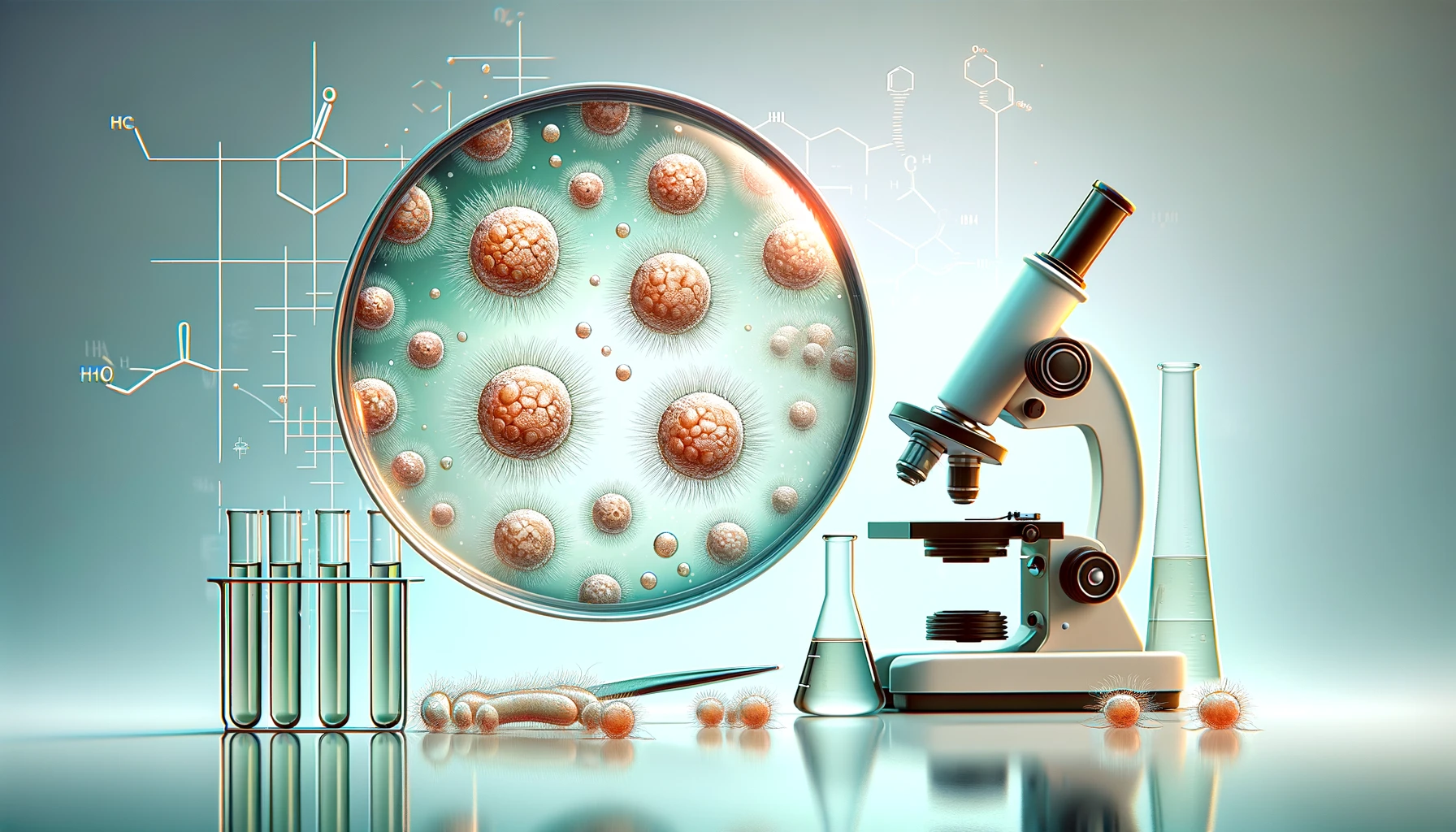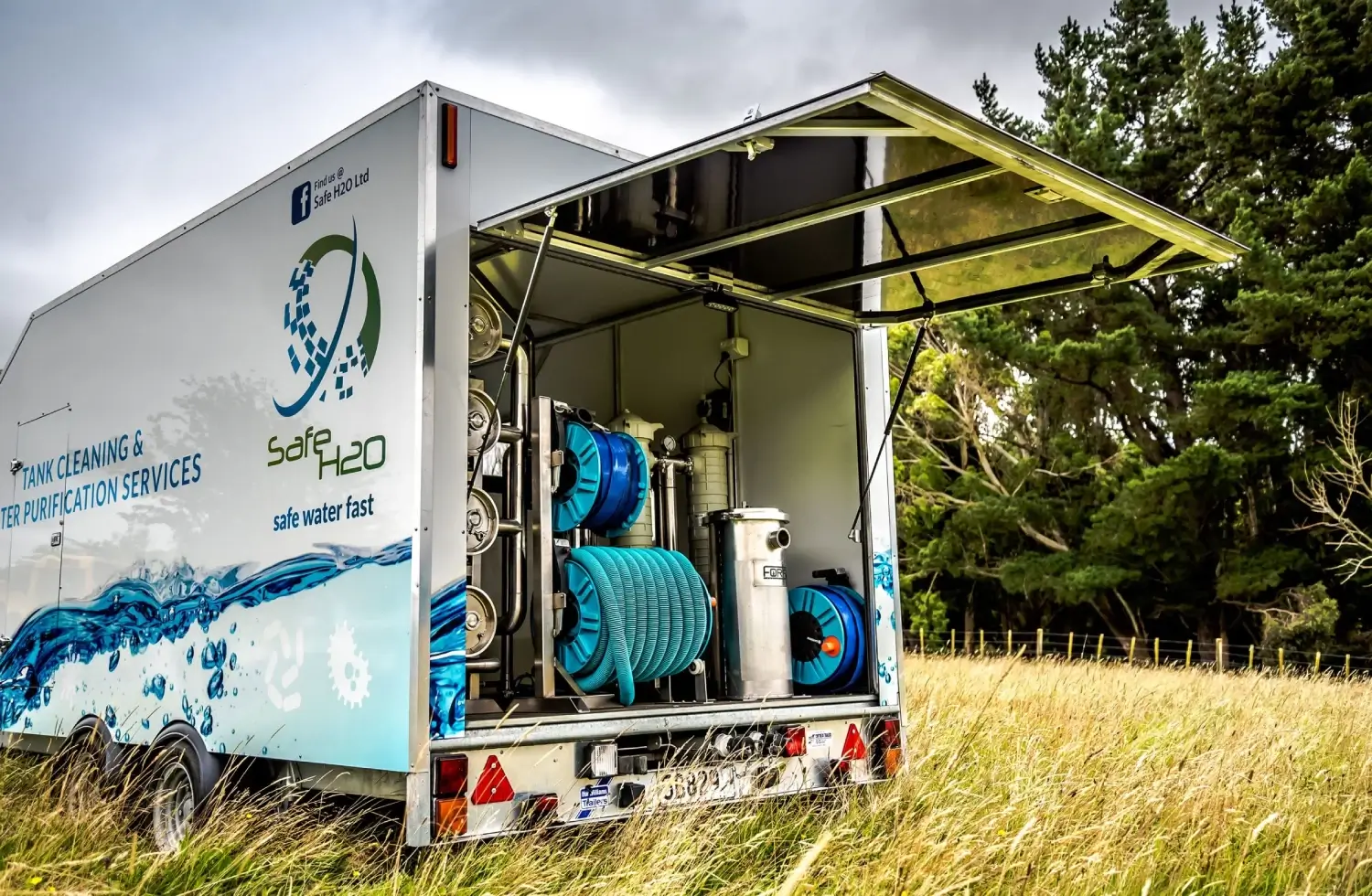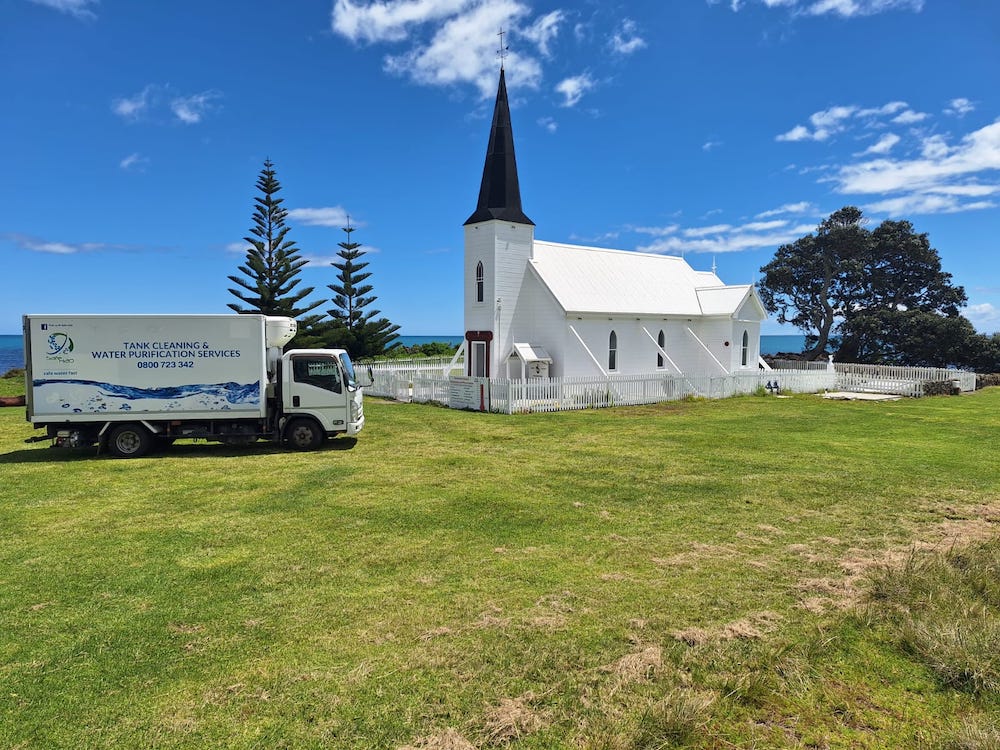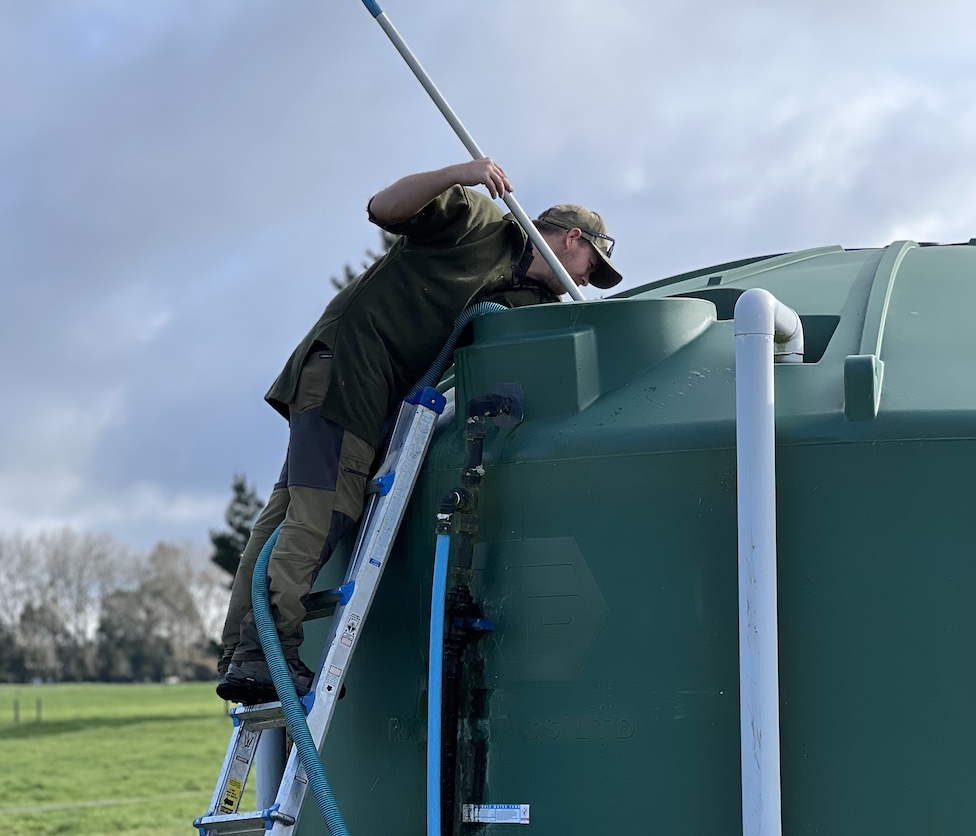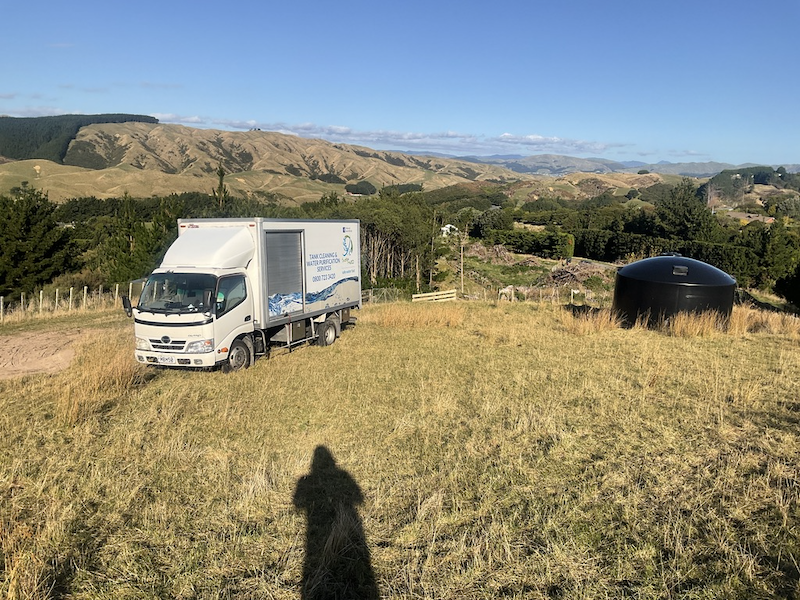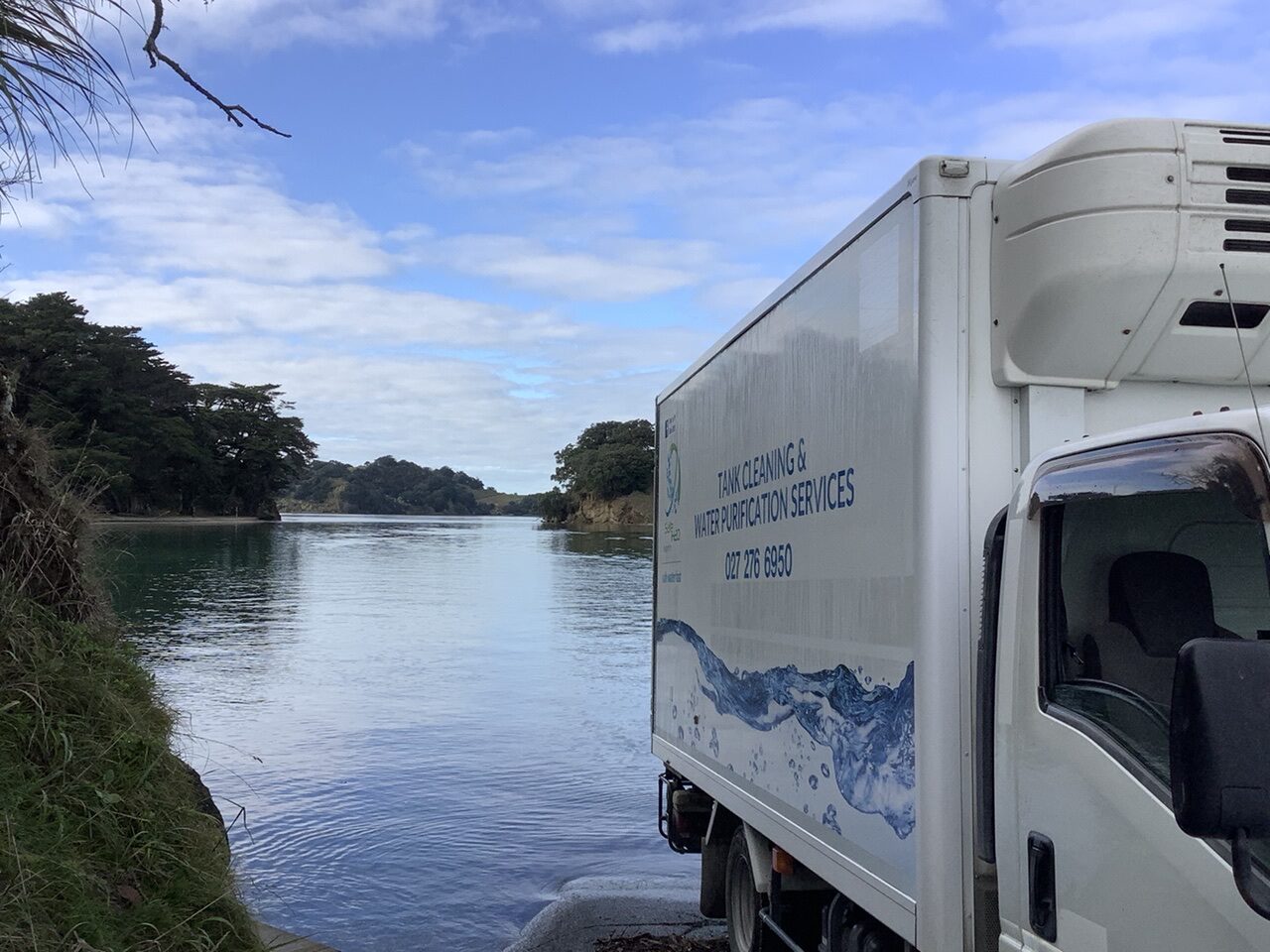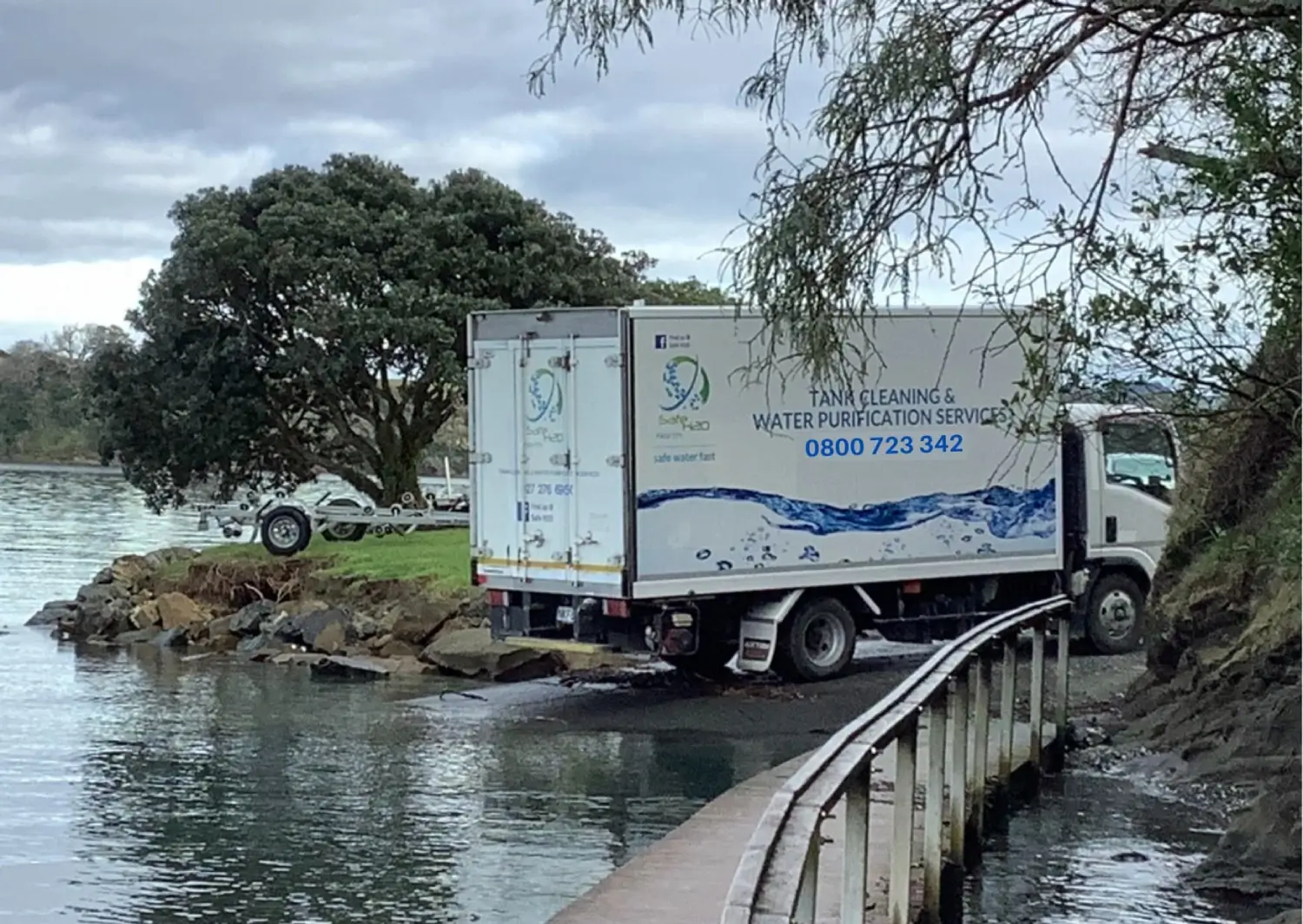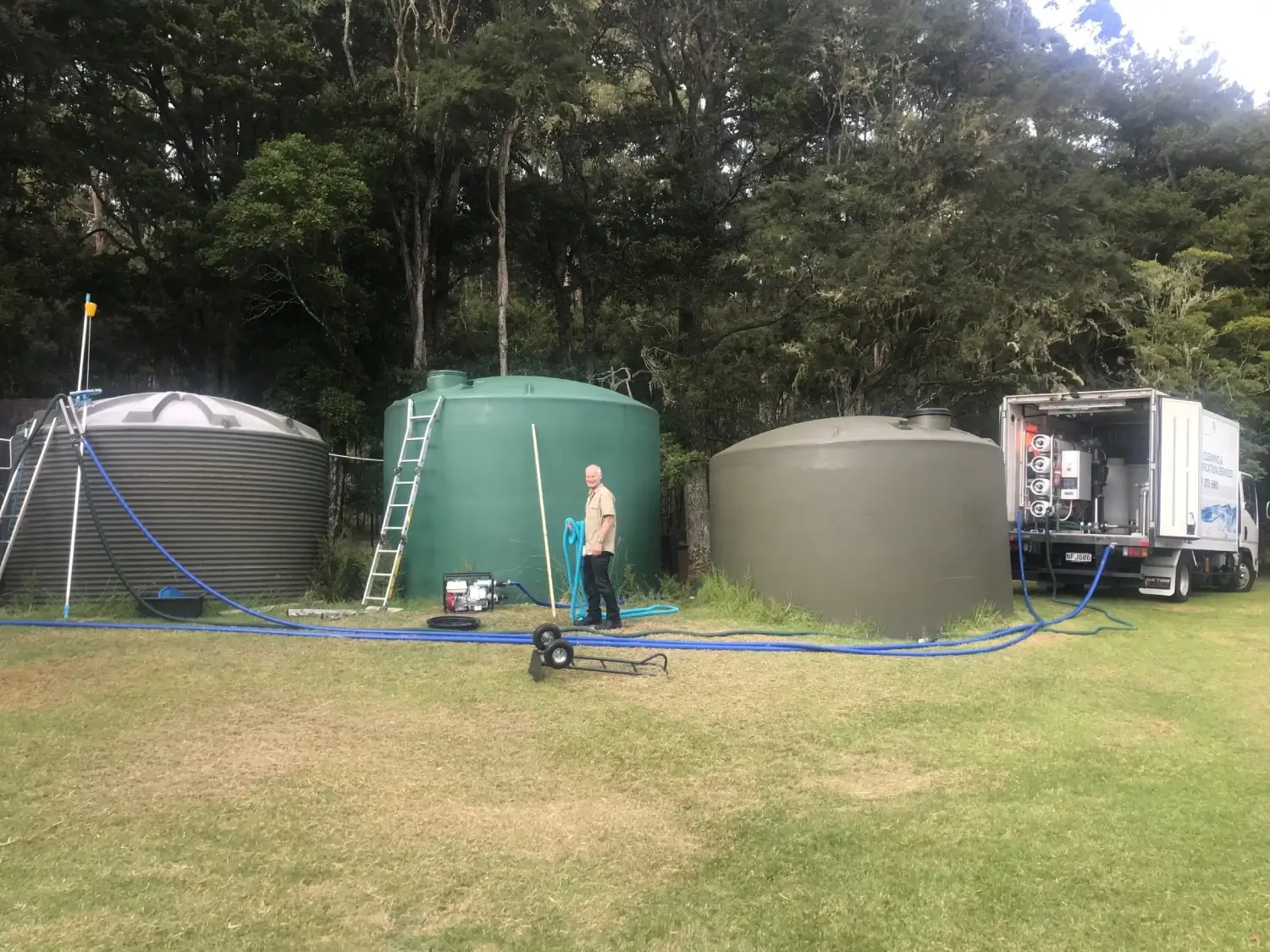12 Ways to Save Your Tank Water
Worried about your water tanks running empty?
Rainfed tank water is a limited supply and consequently is a precious resource to be saved as much as possible – especially in summer
Here are 12 easy things you can do to conserve your tank water
- Maximise your rain catchment by cleaning all your guttering regularly and checking for leaks and blockages.
- Turn off the water when brushing your teeth or shaving. You will use around one litre of water instead of five litres.
- Shorter showers – showers use up LOTS of water! Try and limit shower time to 4 minutes max
- Reduce the need to wash towels by hanging them in direct sunlight after use.
- Change to water-efficient settings on your washing machine – an easy water-saving tip for the laundry is to use the economy settings on your washing machine. Reducing the wash to one rinse cycle rather than two will also save up to 100 litres of water per wash
- Check for leaks. Small drips, e.g. from the toilet cistern, taps or shower head, can waste thousands of litres. A good indicator you may have leaks is if your water pump is consistently working when you have no taps running in the house, such as during the night.
- When hand-washing dishes, fill the sink rather than rinsing and washing the dishes under a running tap.
- Don’t leave your tap water running – the average tap uses 12 litres of water a minute. Fill your sink or a bowl with the water you need and use this water e.g. to scrub vegetables.
- Keep a jug of drinking water in the fridge – running your kitchen tap while waiting for the water to be cold wastes many litres of water. Instead, keep water in a covered jug in the fridge.
- Use a bucket of soapy water to clean windows or the car. Only use the hose for a quick spray to finish.
- Wash full loads whenever possible. This will save water and energy.
- Don’t discard water when you have your tank cleaned. Instead let us (SafeH2O) clean your water tank, because instead of discarding the water we sanitise and save it – meaning you’re not wasting water.
If you do want a tank cleaning from SafeH2O, the easiest way is to tell us about your tank using our short form.
Or simply call us on 0800 723342 – it usually takes a few minutes, and we can answer any questions you may have.
How Often Do New Zealand Schools Need to Clean Their Water Tanks? Here in NZ, water tank maintenance for schools follow specific …
What is Cryptosporidium and How to Keep Your Water Safe What is Cryptosporidium? In simple terms, Cryptosporidium is a tiny parasite that …
Why you should use a Water Tank Cleaning Specialist Well maintained water tanks are the backbone of clean water storage and supply …
Guarding Against E. coli: Essential Strategies for Ensuring Safe Water Tank Systems Water tanks are an essential source of clean drinking water …
5 Top Reasons to Keep Your Water Tank Clean in New Zealand Cleaning your water tanks is something that’s probably not on …
Autumn Alert: Why Now is the Perfect Time to Clean Your Water Tank As the autumn leaves are about to fall and …
What are my Legal Obligations for water tank cleaning in New Zealand? Taumata Arowai is the new Water Services Regulator for Aotearoa New Zealand which …
Top signs your water tank needs cleaning – Don’t ignore these red flags Your water tank is a vital component of your …
How Often Should I Clean My Water Tank in New Zealand? If you are one of the thousands of New Zealanders with …
The Risks of Cleaning Your Water Tank with Janola or Household Bleach Should you use Janola to clean your water tank? Here …
12 Ways to Save Your Tank Water Worried about your water tanks running empty? Rainfed tank water is a limited supply and …
How much does it cost to clean my water tank? The cost of cleaning a typical New Zealand water tank depends on …

